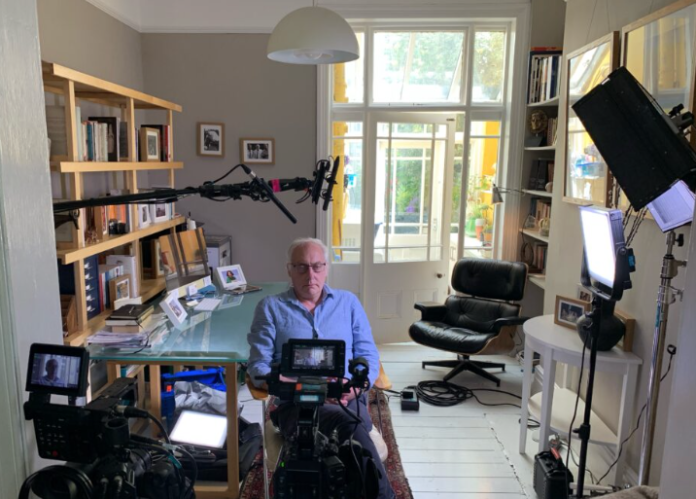- Massaging the truth - 27th February 2026
- ‘It’s the new economy, stupid…’ - 27th February 2026
- Eyes right… - 26th February 2026

During 23 years with the BBC, and a 40 year journalistic career (when he was trained to use clear and simple language, avoiding jargon), our Editor, Welshman Phil Parry has covered innumerable elections (indeed his first television interview was with a Welsh MP during the 1987 campaign), so watching political risks being taken has always fascinated him, and today there is more evidence of this!
The results of the election only confirm to me that political risk-taking is deeply ingrained.

No not THAT one (although there were risks taken in the General Election [GE], and even holding it in the first place was a gamble for Rishi Sunak which failed completely) – I am talking about the one in France.
They showed that President Emmanuel Macron is a real risk-taker by announcing on June 9, his intention to dissolve the National Assembly and hold snap elections in a two-round poll on June 30 and July 7 after the shock results in the European Elections.

His decision stunned even his own deputies, and left all parties scrambling to book venues, pick candidates and plan their campaigns.
As The Economist put it: “He hopes to force the French to confront the choice between centrism and the extremes. In a two-round system, centrist voters will have a chance to cast their ballots tactically in the second stage in order to keep the rn at bay. Even if his side does not get any closer to a majority, he may be able to persuade the moderate parties to work together to keep the rn from forming its own government”.

Later, when the results became clear, it reported that Mr Macron had “…called this election against the advice of his close allies…”.
The Times said it was “…the biggest political gamble in 21st century France”.
A week after his extraordinary announcement, there was the serious possibility of a government led by the hard-right or hard-left.

Marine Le Pen’s National Rally (RN) was well ahead in the polls, followed by the New Popular Front – an alliance of extreme left parties, which went on to become the largest party.
As the risk became clear, French newspapers commented decisively, with Le Monde (France’s second-largest newspaper) splashing on its front page: “France is holding its breath”.
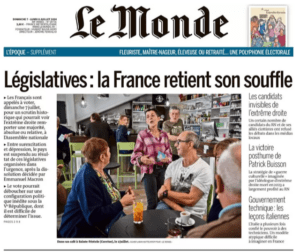 “He (Mr Macron) has thrown us under a bus”, said one leading minister.
“He (Mr Macron) has thrown us under a bus”, said one leading minister.
Many of Mr Macron’s own deputies and closest allies, sensing an impending wipe-out, were aghast at his unexpected decision to call a snap election.
It was a gamble which did not pay off.
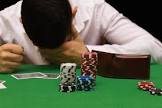
In the first round his Ensemble coalition party secured a dismal 20.8 per cent of the national vote, and after the second round it came in third with 168 seats. One deputy has called it a “total catastrophe”.
But Mr Macron was only following in a noted political tradition.
Commentators have, for example, accused former UK Prime Minister David Cameron of taking huge risks.

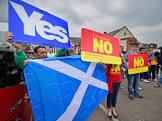
He WON his gamble with the Scottish Independence Referendum, when the Scots voted to stay within the UK by 55 per cent to 45 per cent (it actually WASN’T that close as some have said).
But Mr Cameron LOST big time with the EU Referendum, when the UK voted to leave the EU by 52 per cent to 48 per cent, and he was forced to resign.
Indeed some politicians have even declared that their need to take risks (in their political and social lives) was a real problem.

There was, for instance, the former Secretary of State (SoS) for Wales, Ron Davies.
In June 1999, Ron had disclosed that he was bisexual and said he was having psychiatric treatment to curb a “compulsive” quest for risk.
In October 1998 journalists had been summoned to Downing Street and told that Ron had resigned as Welsh Secretary after admitting to the Prime Minister “a serious lapse of judgment” on Clapham Common the previous evening, but denied any sexual element.

He was the first of Tony Blair’s ministers to resign.
Ron claimed he had been robbed by a Rastafarian man, whom he had just met but was about to dine with, in the presence of others.
His car, telephone, wallet and House of Commons pass were stolen, and six people were arrested.
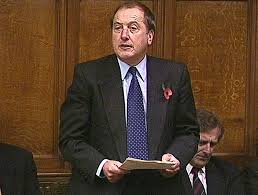
Whatever the truth, surely there was an element of risk in going to Clapham Common in the first place and having “a serious lapse of judgment”?
Sometimes these gambles pay off, and sometimes they don’t.
As Mr Macron knows only too well…
Some of the political stories Phil has covered over the years (including the Ron Davies saga), as he was gripped by the rare neurological condition Hereditary Spastic Paraplegia (HSP), have been released in a major book ‘A GOOD STORY’. Order it now!

Regrettably publication of another book, however, was refused, because it was to have included names.
‘High stakes bet part two’ is published soon – where Phil examines how disturbing details about alleged police involvement in the betting scandal, highlight the way they have behaved in other areas.










